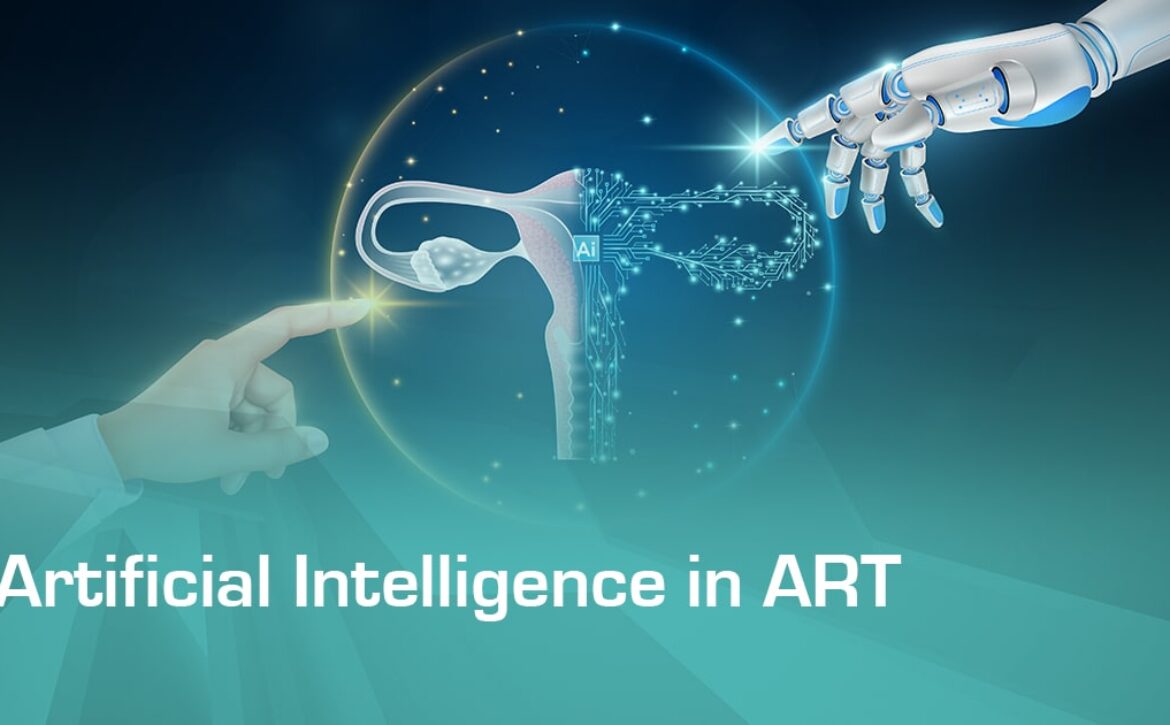Artificial intelligence in infertility treatment; a revolution in embryo selection and pregnancy prediction
Introduction
Infertility treatment is one of the major challenges of modern medicine. Despite many advances in assisted reproductive technologies (ART), the success rate of these treatments remains lower than expected. In recent years, artificial intelligence (AI) has entered this field as a new tool and has been able to create a major revolution in embryo selection, pregnancy prediction, and treatment optimization.
The role of artificial intelligence in reproductive medicine
Using machine learning and deep learning, artificial intelligence can analyze huge amounts of data and find patterns that are not visible to doctors.
Main Applications of AI in Infertility Treatment:
-
Embryo Quality Assessment
-
Analysis of microscopic and time-lapse images.
-
Identification of morphological features associated with pregnancy success.
-
-
IVF Success Prediction
-
Using clinical data (age, ovarian reserve, medical history) along with embryonic data.
-
Developing predictive models for pregnancy chances.
-
-
Personalization of Treatment Protocols
-
Selecting the best medications and dosages for each patient.
-
Reducing the risk of side effects from hormonal treatments.
-
Benefits of Using Artificial Intelligence
1.Higher Accuracy in Embryo Selection
-
Reducing human error in embryo assessment.
-
Selecting the best embryo with a higher chance of implantation.
2. Increased Successful Pregnancy Rates
-
Reducing the need to transfer multiple embryos.
-
Reducing the risk of multiple pregnancies.
3. Cost Savings
-
Reducing the number of unsuccessful IVF cycles.
-
Optimizing the use of medications and resources.
Challenges and Limitations
Need for large and high-quality data
-
Many clinics do not have sufficient or integrated data.
2. Ethical and Legal Issues
-
Concerns regarding patient data privacy.
-
The need for transparency in algorithms.
3. Lack of Global Standards
-
Each clinic has its own methods, making comparisons difficult.
Innovations and Future Research
-
Combining Multiple Data Sources (Multi-Modal AI):
-
Combining images, videos, and medical data for more accurate predictions.
-
-
Explainable Deep Learning Models (Explainable AI):
-
Helping doctors understand the reasoning behind algorithm decisions.
-
-
Human-Machine Collaboration:
-
The doctor remains the final decision-maker but uses AI tools for optimal selection.
-
Conclusion
Artificial intelligence is becoming one of the key tools in infertility treatment. Despite the challenges, this technology can transform the future of reproductive medicine by improving accuracy in embryo selection, predicting IVF success, and personalizing treatments.
Suggested References
-
Arxiv (2025): Multi-Modal Artificial Intelligence of Embryo Grading and Pregnancy Prediction in ART
-
Journal of Assisted Reproduction and Genetics



